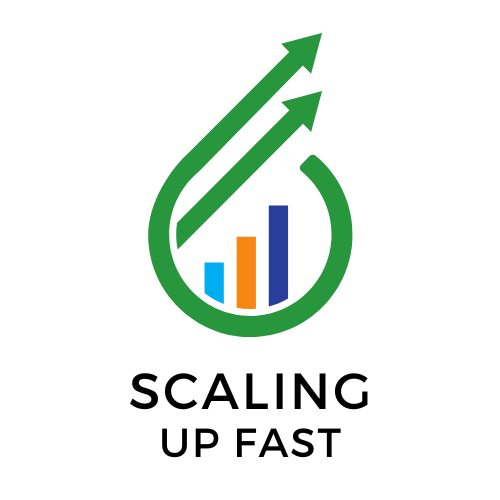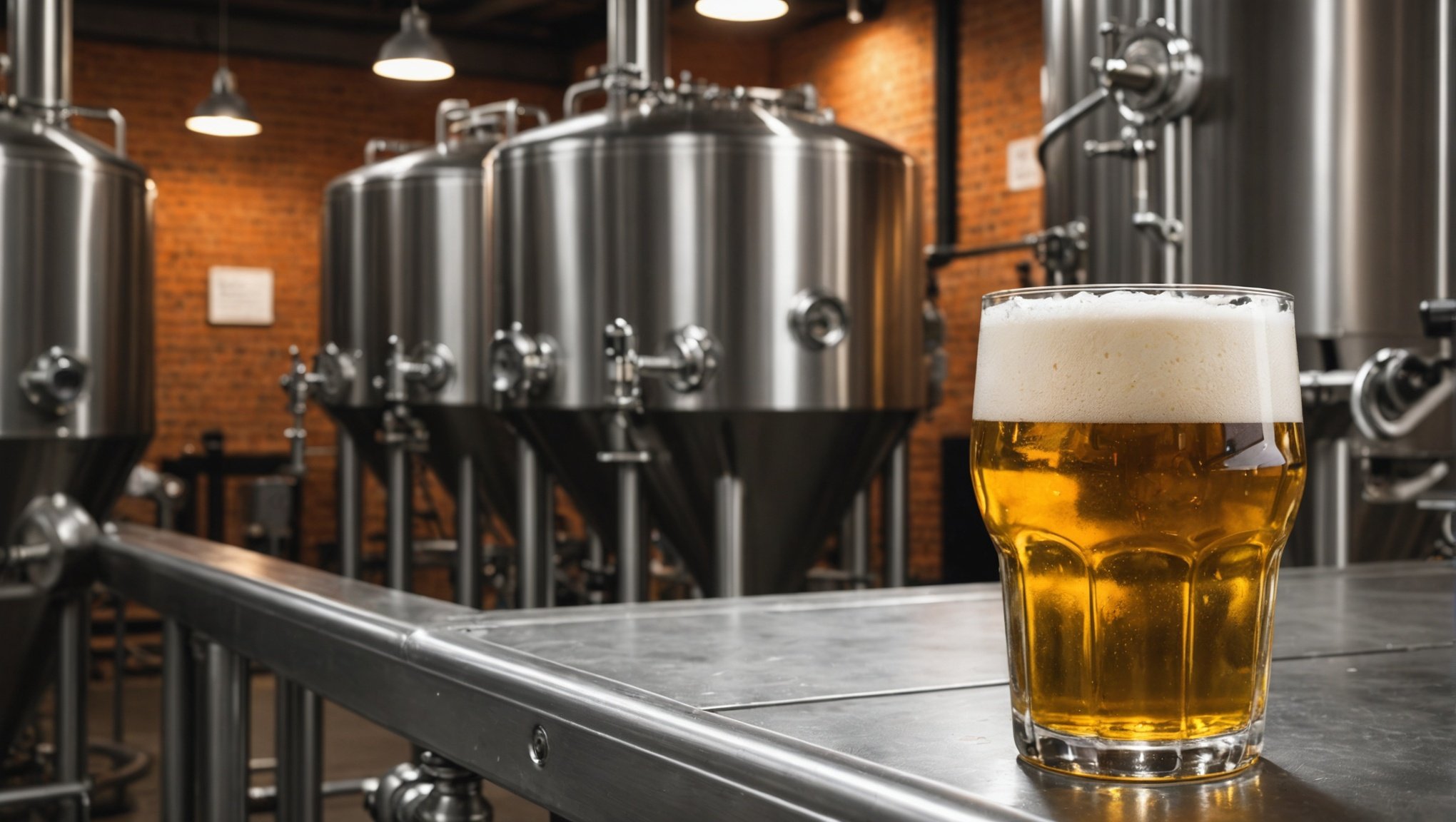Data analytics can revolutionise UK breweries, driving optimal production and efficiency. By harnessing real-time data, breweries can identify trends, enhance brewing processes, and reduce waste. The insights derived from analytics empower managers to make informed decisions, streamlining operations and improving product quality. As the industry evolves, understanding the pivotal role of data can propel breweries to meet consumer demands effectively. Explore how implementing these strategies can transform brewing practices and lead to sustainable growth.
Understanding Data Analytics in Brewing
In the brewing industry, data analytics plays a crucial role in transforming raw data into actionable insights. By leveraging data analytics, breweries can significantly enhance their brewing efficiency and streamline operations. This process involves collecting and analysing data from various stages of brewing, such as fermentation, temperature control, and ingredient usage, to optimise production.
Also to read : Streamline your collections with top automation tools
Data analytics helps breweries identify patterns and trends, enabling them to make informed decisions that improve quality and reduce waste. For instance, by analysing data on temperature fluctuations during fermentation, breweries can adjust their processes to maintain consistency and flavour profiles. This leads to increased efficiency and cost savings.
In the UK, breweries are increasingly adopting data analytics to stay competitive. Key trends include the use of predictive analytics to forecast demand, ensuring optimal inventory levels, and the application of machine learning algorithms to refine brewing techniques. These innovations not only improve operational efficiency but also enhance customer satisfaction by delivering consistent, high-quality products.
Have you seen this : Effortless collection management with automation software
Overall, data analytics is becoming an indispensable tool for UK breweries aiming to boost their brewing efficiency and adapt to the ever-evolving market demands. By embracing these technologies, breweries can achieve greater precision and success in their operations.
Case Studies of Successful Data Analytics Implementation
Exploring real-world case studies offers valuable insights into how data analytics can revolutionise brewing. By examining these examples, breweries can adopt best practices and enhance their operations.
Case Study: Brewery A's Production Optimisation
Brewery A implemented data analytics to optimise production processes. By analysing fermentation data, they identified inefficiencies and adjusted their methods, resulting in a 15% increase in output. Key metrics such as fermentation time and temperature consistency were crucial in measuring success.
Case Study: Brewery B's Quality Control Improvement
Brewery B focused on quality control by leveraging data analytics. They monitored ingredient usage and fermentation conditions, ensuring each batch met their high standards. This proactive approach led to a 10% reduction in quality-related issues, enhancing customer satisfaction.
Case Study: Brewery C's Cost Reduction Strategies
Brewery C aimed to reduce costs by analysing data on ingredient usage and energy consumption. By pinpointing areas of waste, they implemented targeted strategies, achieving a 12% cost reduction. Metrics like energy efficiency and ingredient utilisation were pivotal in evaluating success.
These UK brewery examples demonstrate the transformative power of data analytics. Key takeaways include the importance of precise metrics and the potential for significant improvements in efficiency, quality, and cost management.
Tools and Technologies for Data Analytics in Brewing
In the brewing industry, the adoption of advanced brewing technology is pivotal for enhancing data analytics capabilities. Various data tools and analytics software are employed to streamline processes and improve efficiency.
Popular Data Analytics Tools
Breweries often utilise specialised data tools like BrewMonitor and OrchestratedBEER. These platforms provide real-time insights into fermentation and ingredient usage, enabling brewers to make data-driven decisions. BrewMonitor, for instance, offers continuous monitoring of fermentation conditions, ensuring optimal quality.
Comparison of Software Solutions
When comparing analytics software, platforms like Beer30 and Ekos stand out. Beer30 excels in inventory management and production tracking, while Ekos offers comprehensive solutions for sales and accounting. Both platforms integrate seamlessly with existing brewing operations, providing a holistic view of the production process.
Emerging Technologies
Innovations such as the Internet of Things (IoT) and Artificial Intelligence (AI) are reshaping brewing analytics. IoT devices facilitate real-time data collection from brewing equipment, enhancing process control. Meanwhile, AI algorithms predict brewing outcomes, optimising flavour profiles and reducing waste. These technologies are becoming integral to breweries aiming for precision and efficiency in their operations.
Benefits of Leveraging Data Analytics
In the brewing industry, the operational benefits of data analytics are manifold. By integrating analytics into their processes, breweries can achieve remarkable improvements in production efficiency. This is primarily due to the ability to monitor and adjust brewing parameters in real-time, ensuring optimal conditions throughout production. For instance, precise control over fermentation temperatures can significantly enhance the consistency and quality of the final product.
Moreover, data analytics facilitates substantial cost savings. By analysing data on ingredient usage and energy consumption, breweries can identify areas of waste and implement corrective measures. This not only reduces operational costs but also contributes to more sustainable practices. For example, optimising energy use during brewing can lower utility bills and reduce the brewery's carbon footprint.
Another critical advantage is the enhancement of product quality and customer satisfaction. With analytics, breweries can maintain high standards by continuously monitoring quality metrics. This proactive approach ensures that each batch meets the desired flavour profile and consistency, leading to higher customer satisfaction. Additionally, data-driven insights allow breweries to anticipate market trends and adjust their offerings accordingly, further boosting customer loyalty and market competitiveness.
Challenges in Implementing Data Analytics
Implementing data analytics in the brewing industry presents several implementation challenges. UK breweries often encounter barriers such as resistance to change among staff and concerns about data accuracy.
Resistance to change is a significant hurdle. Brewery teams may be hesitant to adopt new technologies, fearing disruption to established processes. To address this, it's crucial to involve employees in the transition, offering training and highlighting the benefits of data-driven decision-making. Encouraging a culture of innovation can ease the shift towards analytics.
Data accuracy and reliability are paramount. Inaccurate data can lead to poor decision-making, affecting production quality and efficiency. Ensuring precise data collection and management is essential. Breweries can implement robust data validation protocols and regular audits to maintain high accuracy levels.
To overcome these challenges, breweries can adopt strategies such as:
- Engaging stakeholders: Involve all levels of staff in the analytics journey to foster acceptance and understanding.
- Providing comprehensive training: Equip teams with the necessary skills to utilise data effectively.
- Establishing clear goals: Define objectives for data analytics initiatives to align efforts and measure success.
By addressing these challenges, breweries can fully leverage data analytics to enhance operations.
Future Trends in Data Analytics for Breweries
In the evolving landscape of the brewing industry, future innovations in data analytics are set to redefine brewing analytics. As breweries look ahead, several industry trends are emerging that promise to transform operations and enhance efficiency.
One of the key predictions is the integration of machine learning to refine brewing techniques further. Machine learning algorithms can analyse vast datasets to predict brewing outcomes with remarkable precision. This capability allows breweries to optimise flavour profiles and reduce waste, offering a competitive edge.
Another trend is the advancement in advanced forecasting methods. By leveraging predictive analytics, breweries can anticipate market demands more accurately, ensuring optimal inventory levels and reducing the risk of overproduction. This foresight is crucial for maintaining efficiency and meeting consumer expectations.
Sustainability is also becoming a central focus in brewing analytics strategies. With growing environmental concerns, breweries are increasingly incorporating sustainability metrics into their data analytics frameworks. This involves monitoring energy consumption, waste management, and carbon footprint. By doing so, breweries can implement eco-friendly practices, aligning operations with environmental goals.
These future innovations in data analytics are poised to drive the brewing industry towards greater sustainability and operational excellence. Breweries embracing these trends will likely lead the way in a rapidly changing market.











